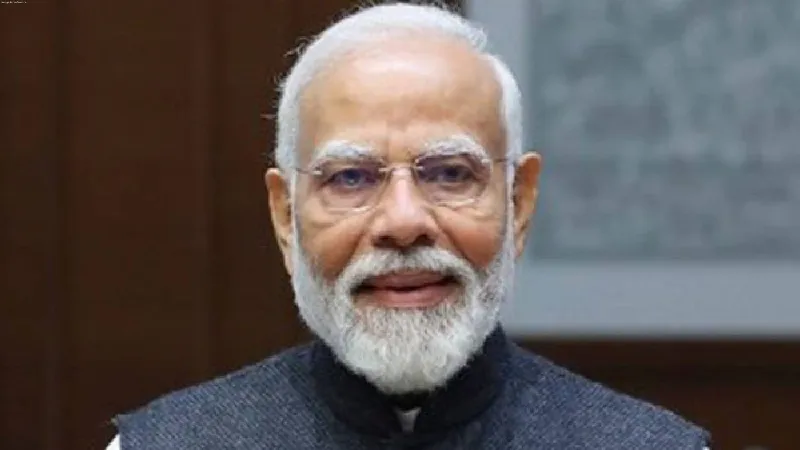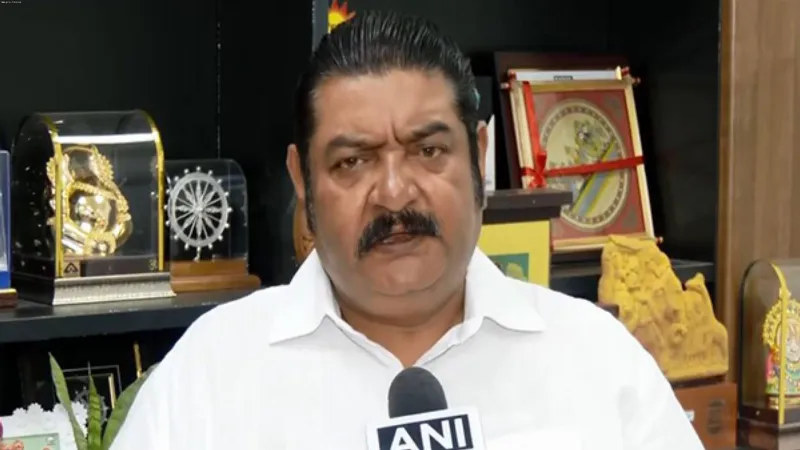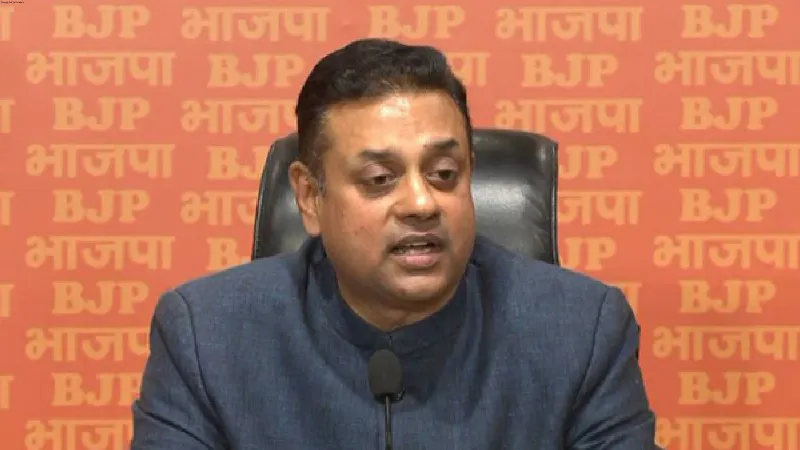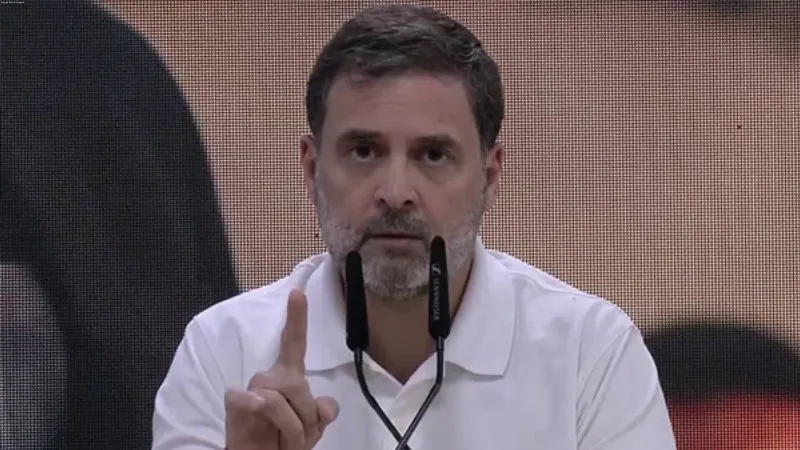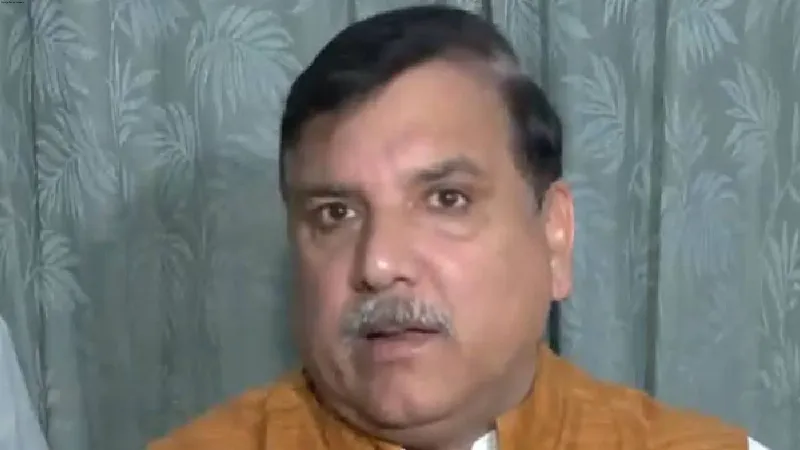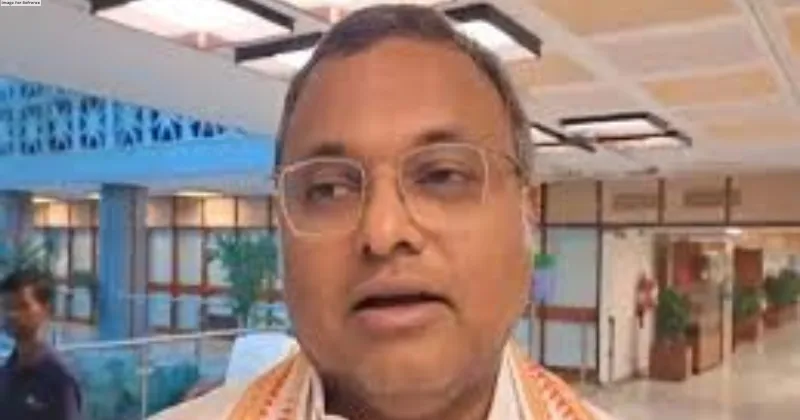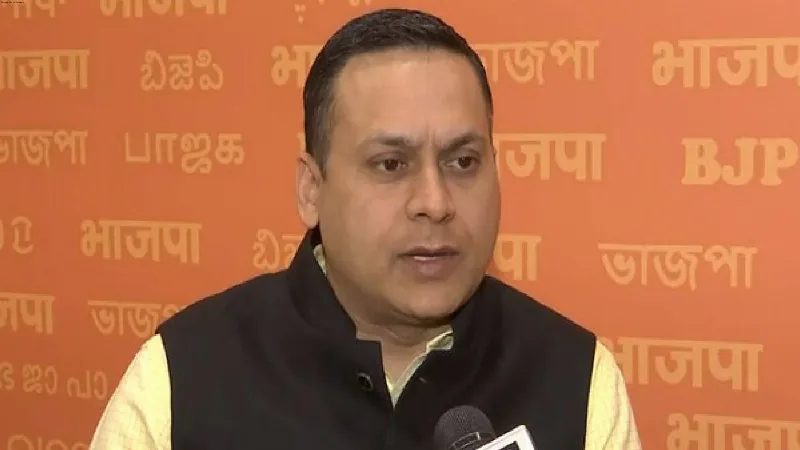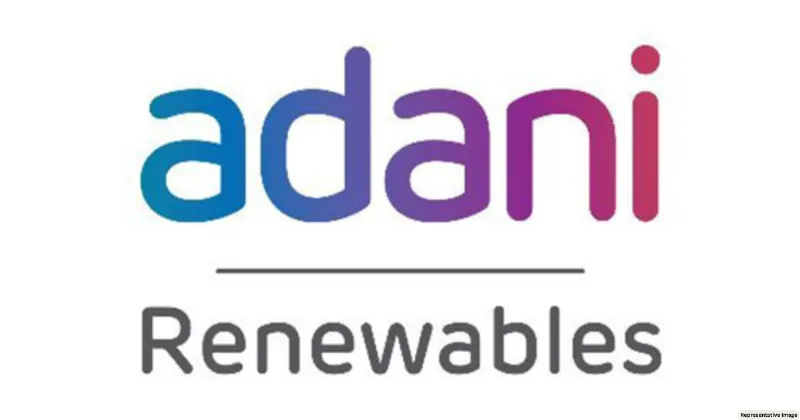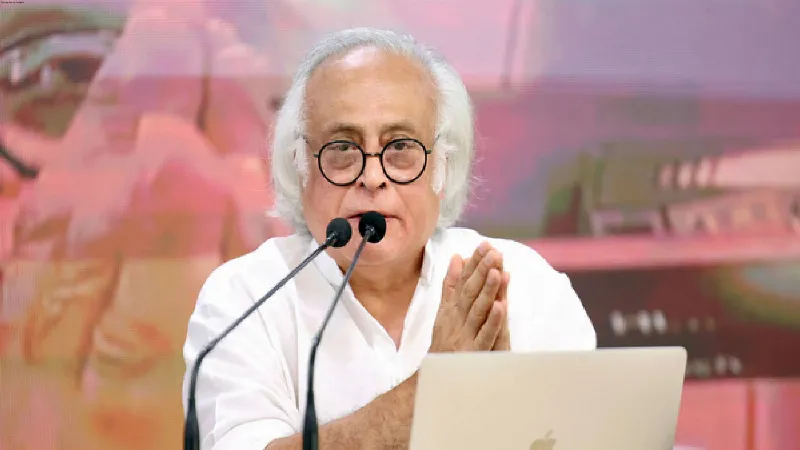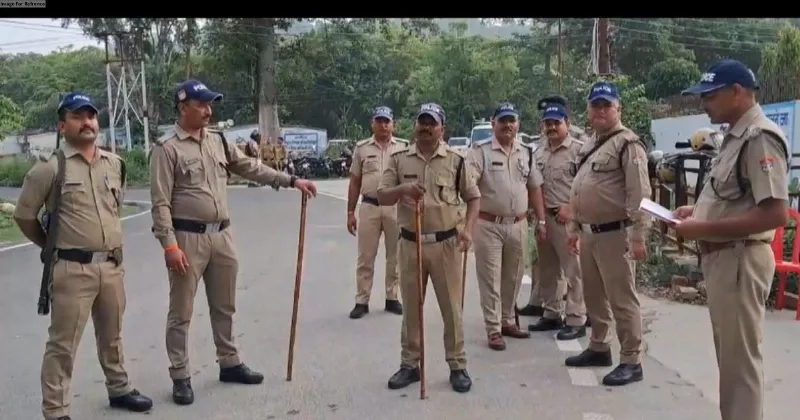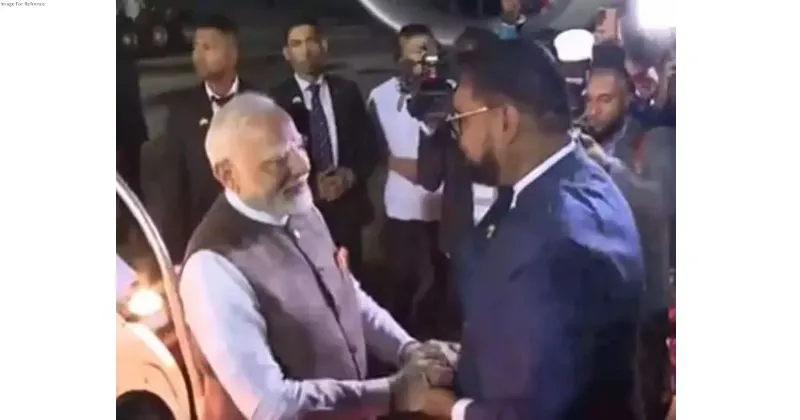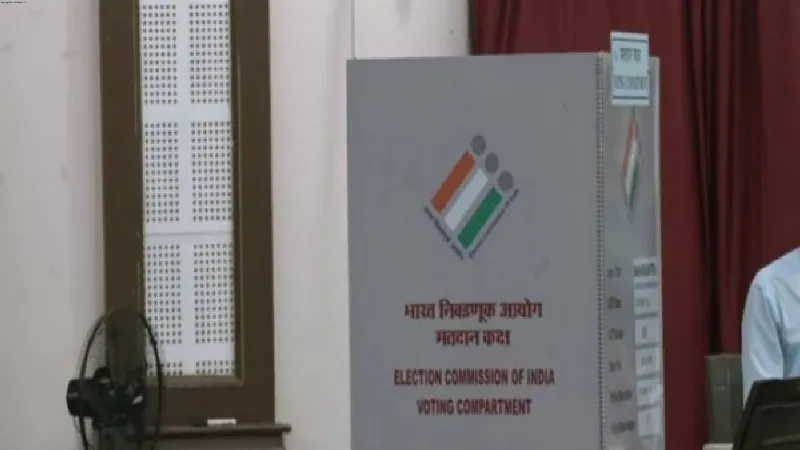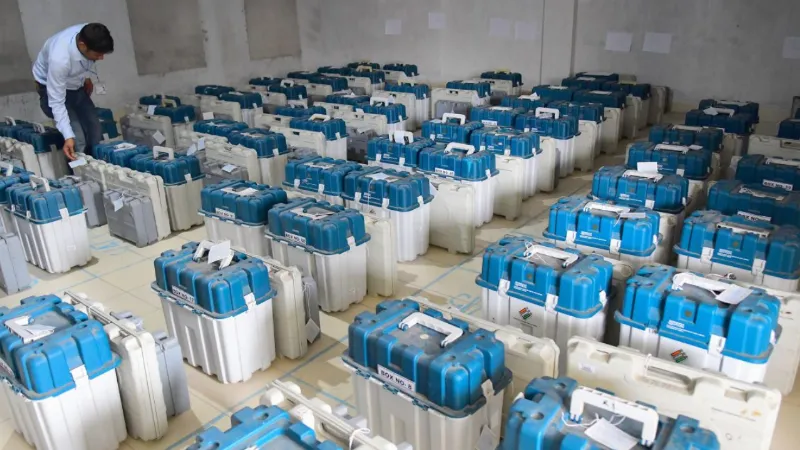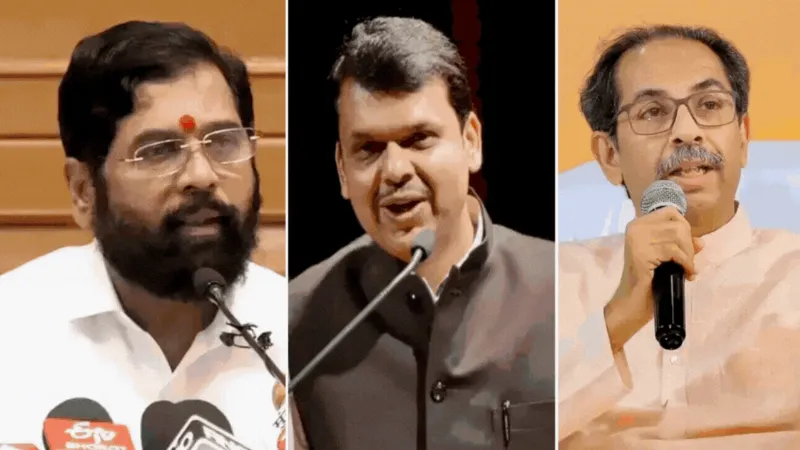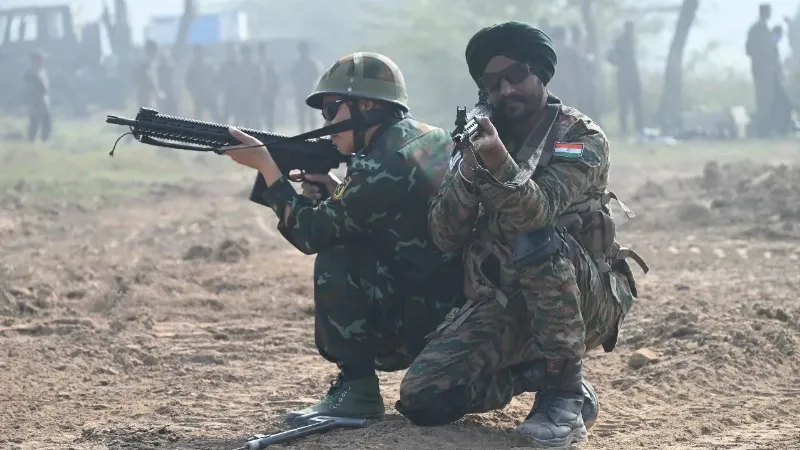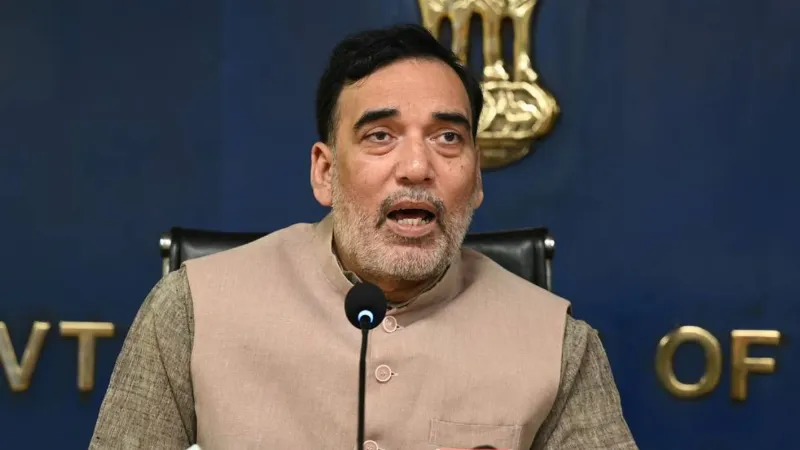Human rights issue not "interference" in Afghan affairs: UN deputy special representative

Kabul: Refuting the allegations of Taliban authorities, the UN deputy special representative for Afghanistan, Markus Potzel said that the issue of human rights in the country is not about interference in its domestic affairs, Afghanistan-based Tolo News reported.
Afghanistan is reeling under the largest humanitarian crisis in the world, with over 28 million people relying on aid for survival. "Human rights is not an issue of interference (in) domestic affairs...there's a human rights declaration dating back to 1948 which Afghanistan also is a party to. So it's internationally recognized and accepted rules and regulations, principles and values and as I said if you want to become a member of this club, then you have to play by the rules, it's as simple as that," Tolo News quoted Potzel from an interview to the platform.
He said that they will repeatedly bring up the demands till the rights of women are not "respected".
"As long as these rights are not respected and guaranteed, we will repeatedly bring these demands up, but of course, the Taliban have their demands as well towards the international community, that is why we have to talk to each other. That is what we are doing here on the ground and to bring -- instead of widening the gap, we have to narrow the gap but it takes two to tango," Potzel said.
The issue of human rights is one of the main conditions of the international community for recognition of the Islamic Emirate.
Notably, United Nations High Commissioner for Refugees (UNHCR) also expressed concerns about the violation of human rights and the deteriorating humanitarian situation in Afghanistan in its May report.
The report mentioned that the Taliban authorities silence the voices of their opponent through arbitrary detentions, death threats and harassment, reported Khaama Press.
Meanwhile, Amnesty International has called on Afghanistan's de facto authorities to release unconditionally Matiullah Wesa, an Afghan educationalist and the founder of 'Pen Path', a supporter of girl's education, reported Khaama Press.
The education rights activist was arrested on March 27 by the Taliban Intelligence Unit when he was on his way back home from the mosque located in Khushhaal Khan, the fifth provincial district in Kabul city, according to Khaama Press.
The UN Special Rapporteur for Freedom of Opinion and Expression, Irene Khan, at the 53rd regular session of the Human Rights Council, said that women's public presence has been totally erased by the 'Taliban', Tolo News reported.
Previously, the UN special rapporteur for Afghanistan Richard Bennett, said that between September 2021 and May 2023, more than 50 edicts were issued regarding women and girls by the Islamic Emirate, which has "deprived Afghan women of the right to education, work, and participation in social and political life", Tolo News reported.
According to the UN, fifty anti-women decrees have been implemented since the Taliban took control of Afghanistan, Khaama Press reported.
Taliban has restricted media freedoms and banned women from public places like parks and gyms. The actions have sparked a harsh international backlash, further isolating the country at a time when its economy is in free fall and escalating a humanitarian crisis.
Notably, ever since the takeover, Taliban leadership has consistently issued severe decrees restricting Afghan women and girls' access to education and employment.
Since the Taliban regained power in August 2021 after the US exit from the country, women are not allowed to work in the fields of education with domestic and international organisations, in gyms, or in public spaces.

